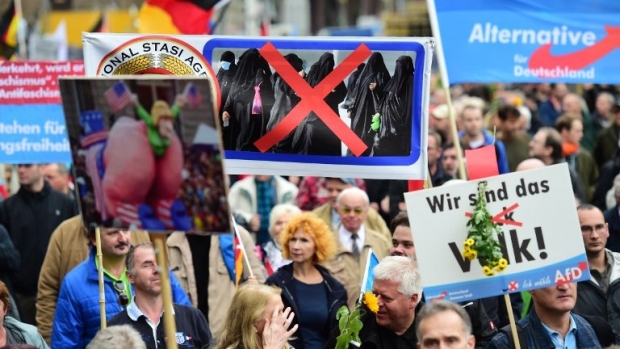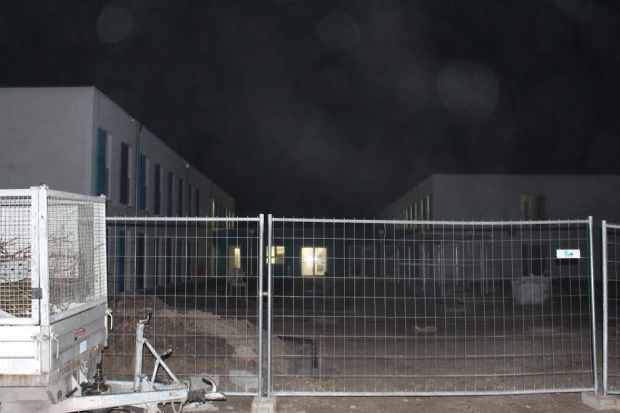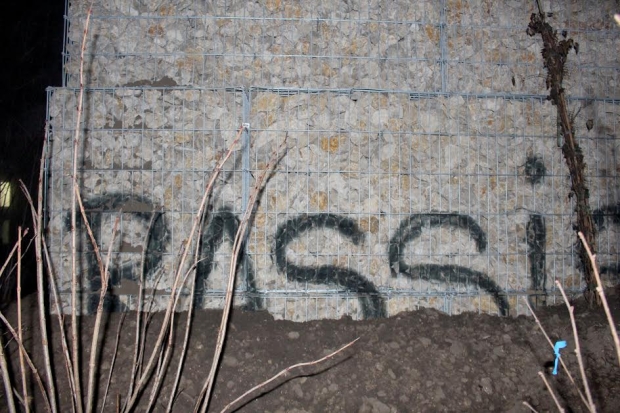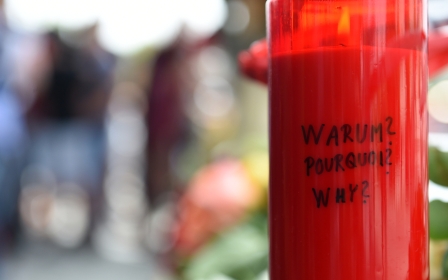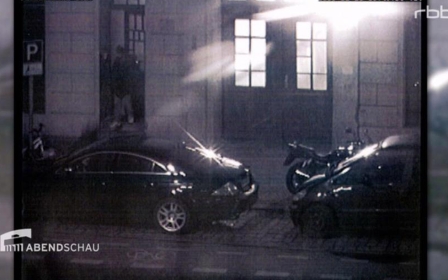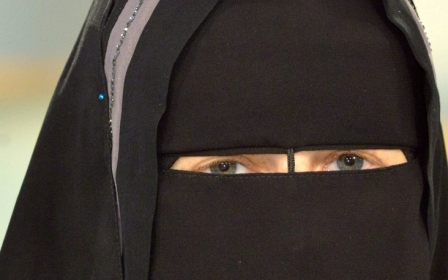Walls and welcome: Germany looks to 2017 after a tumultuous year
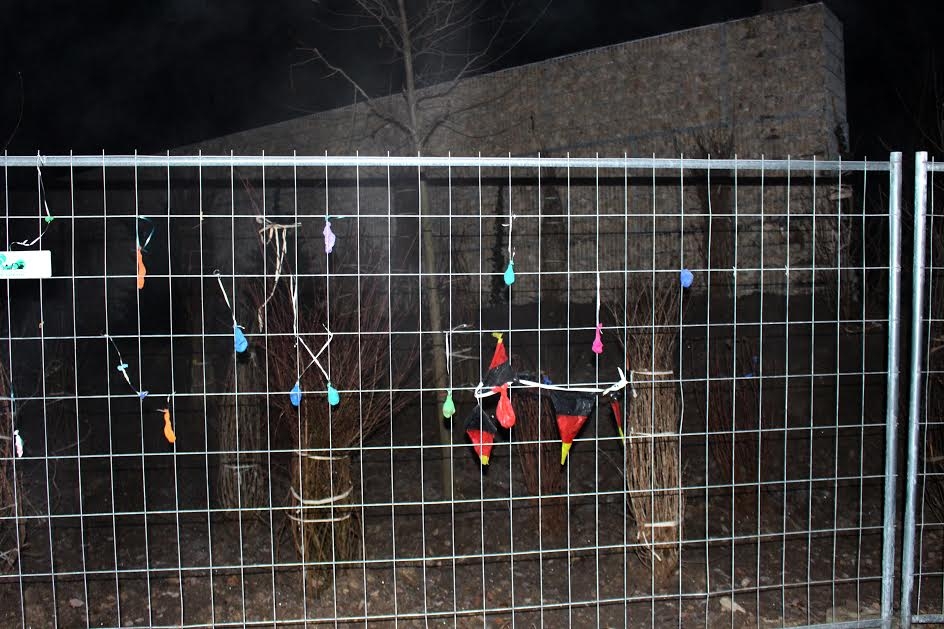
With 2017 just around the corner, Germans are looking back on a tumultuous year, one that has threatened to overturn the welcome culture of the country's response to the largest mass movement of people since World War II.
Some parts of the German press had dubbed it the "summer fairy tale". Over the course of 2015, more than a million people arrived in Germany to seek asylum. Excited, travel-weary children making their way across Europe had one answer when journalists asked where they wanted to go: "Germany!" Old schools, airports and even shipping containers were hastily turned into accommodation centres for those arriving, and volunteers in small towns across the country came out in droves to welcome newcomers.
As 2016 draws to a close, though, the outlook is very different. The year began with shock after hundreds of women in Cologne and other cities reported being sexually assaulted during New Year celebrations. The attacks, which some said were coordinated, were a watershed moment after the fast-paced changes of 2015. Since then, unease has grown in many quarters, with the far-right Alternative for Germany party, still only three years old, now polling at around 15 percent.
"It is particularly bitter and sickening when terror attacks are committed by people who claim to seek protection in our country," she told viewers.
The country is still reeling from the Christmas market attack, when Anis Amri, a Tunisian national who had previously served time in Italy, ploughed a hijacked truck through crowds of Christmas shoppers in Berlin, killing 12 people. Islamic State later released a video showing Amri pledging allegiance to the group.
But Amri was not exactly the unknown IS radical who had slipped through the asylum net. After crossing the Mediterranean in 2011, he spent four years in prison in Italy over an arson attack on a migrant reception centre. He entered Germany in June 2015, at the height of the border crisis but a month before Merkel announced that the country was opening its doors to asylum seekers.
His asylum claim took months to process amid the huge backlogs in the system, but in July this year it was rejected and authorities began wrangling with Tunisia to facilitate his deportation. A Tunisian passport in his name was eventually delivered two days after the deadly attack.
In the wake of the most recent attack and others like it, commentators say public opinion has swung back around. People are still arriving, in lower numbers than before, but Germany's famed "Welcome Culture" of 2015 has taken a hit, with fear and division on the rise. In one suburb of Munich, a new asylum reception centre is being built - surrounded by a thick stone fence higher than the Berlin Wall.
Twenty minutes from the bustle of Munich's central train station lies the suburb of Neuperlach. It is also close to the shopping centre where Munich-born David Sonboly went on a shooting spree in July 2016, killing nine young people - all of them from immigrant backgrounds - before turning the gun on himself.
Neuperlach district has seen its population boom in the past five years, with the growth fuelled mostly by people born outside Germany. Despite the population increase, it has an isolated feel. Recruitment posters for the German army line the local train station, and the streets are empty by sunset.
The new reception centre is at the end of a road in Neuperlach's industrial district, flanked on one side by a business that produces containers for household bins and on the other by scrubby woodland and a disused railway line. The reception centre looks bright and pristine, with doors leading off long corridors set on several storeys.
Neuperlach's wall is, of course, far shorter and less militarised, but the symbolism of building a wall around a specific group of people is not lost on many. Supporters of the wall, built at the request of local residents, say it will protect them from the 160 young asylum seekers who will be housed at the centre.
The city had planned to put adult asylum seekers in the centre but had to backtrack after complaints by the residents, who eventually agreed to have unaccompanied minors housed there. Some say that, far from being a separation wall, it is merely an "environmental protection barrier" built to protect the nearest residential houses, some 25 metres from the centre buildings and separated by a strip of woodland, from noise.
Detractors see the wall very differently. On one corner of the wall the word "Racism" has been spray-painted in German, but it has since been partially covered up with soil.
"It's really over the top," Stefan, a local who did not want to give his last name, told MEE. "It would have been better if the whole refugee issue had been handled differently. But now that they are here, homes have to be built for them, and if it has to be here then so be it, I suppose. But this wall is really over the top."
Another local, Gisele, said that fear was the driving factor behind the wall. "People want the wall to protect themselves because they are scared. People now are especially worried because it is young asylum seekers who are coming. They think they'll be out on the streets behaving badly. But that’s wrong.
"People who are criminals, or who will never really feel that they are German, should get out of the country. But to build a wall, it's just not right."
New MEE newsletter: Jerusalem Dispatch
Sign up to get the latest insights and analysis on Israel-Palestine, alongside Turkey Unpacked and other MEE newsletters
Middle East Eye delivers independent and unrivalled coverage and analysis of the Middle East, North Africa and beyond. To learn more about republishing this content and the associated fees, please fill out this form. More about MEE can be found here.


